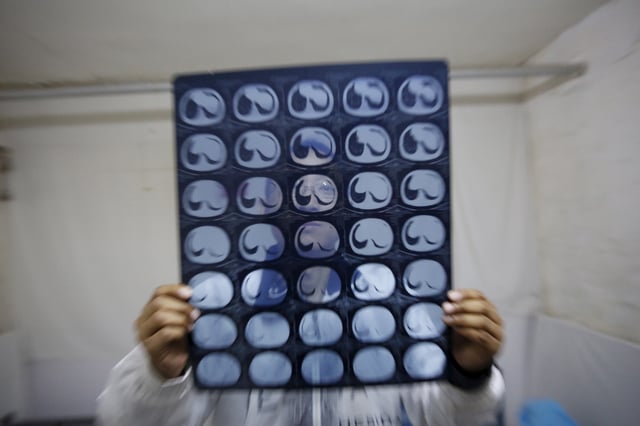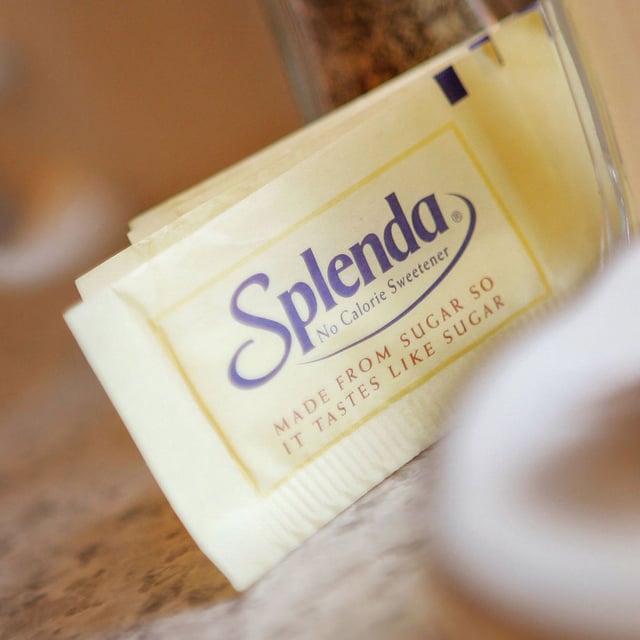Overview
- Sucralose shifts the gut microbiome in mouse models to favor arginine-degrading bacteria, depleting the amino acid needed for T-cell activity during anti-PD1 therapy.
- Human data show that consuming more than 0.16 mg/kg/day of sucralose is linked to a median 5-month shorter progression-free survival in melanoma and 11 months in non-small cell lung cancer patients on immunotherapy.
- In preclinical studies, arginine or its precursor citrulline restored immunotherapy effectiveness in sucralose-fed mice by replenishing T-cell–critical arginine levels.
- Investigators at the University of Pittsburgh and UPMC Hillman Cancer Center are designing prospective trials to test whether arginine supplementation or eliminating sucralose can boost patient responses to immunotherapy.
- Given sucralose’s prevalence in diet sodas, energy drinks, bars and sweetener packets, researchers plan to assess other artificial sweeteners and address the challenges of controlling dietary intake.


